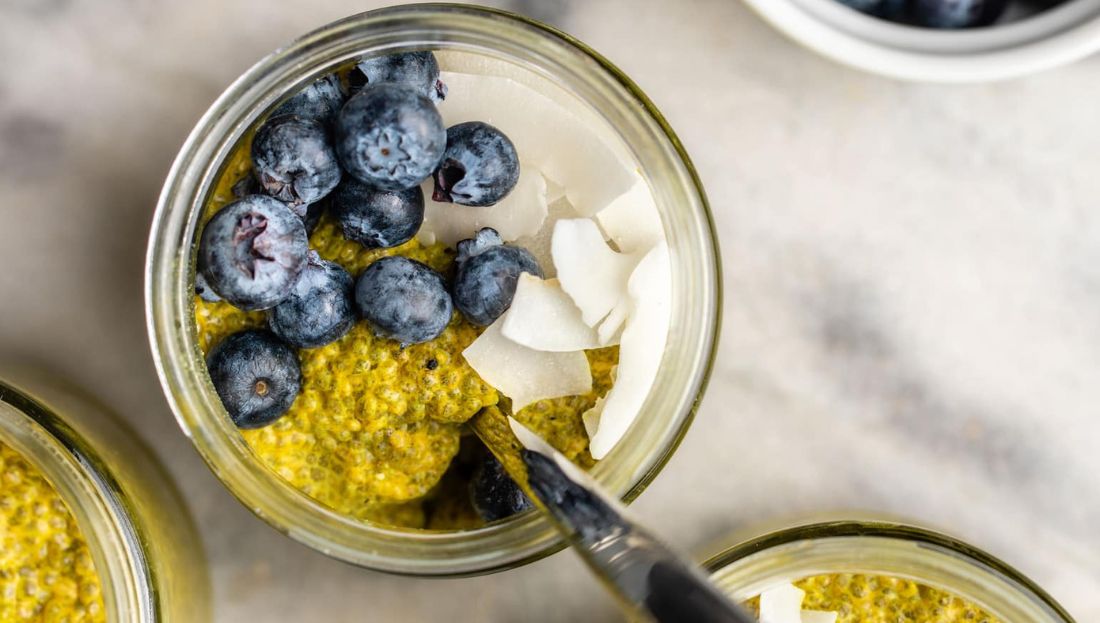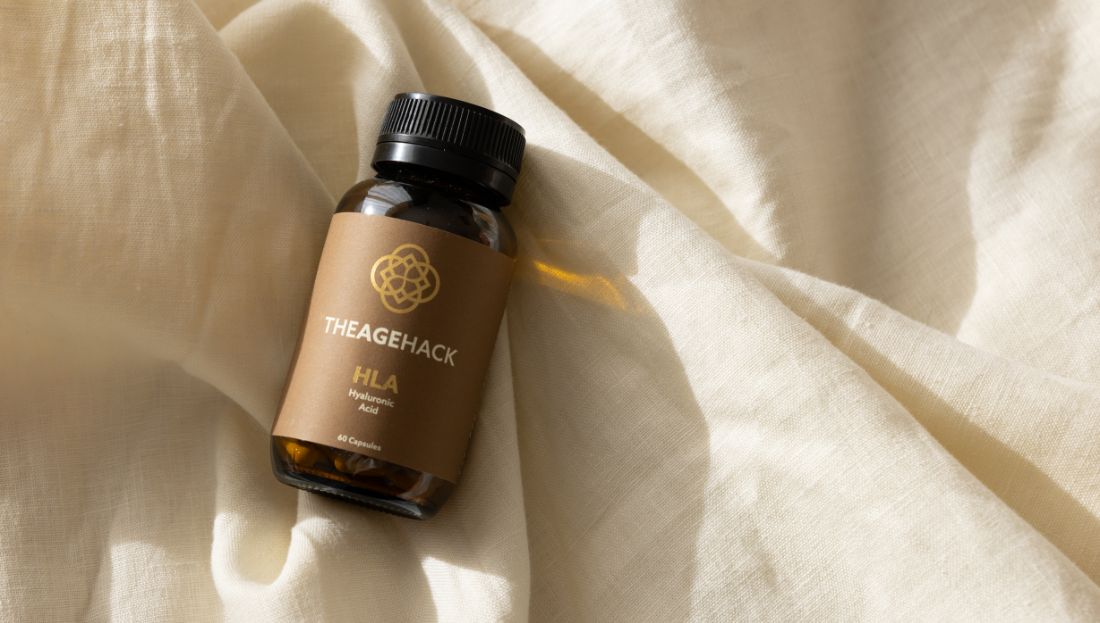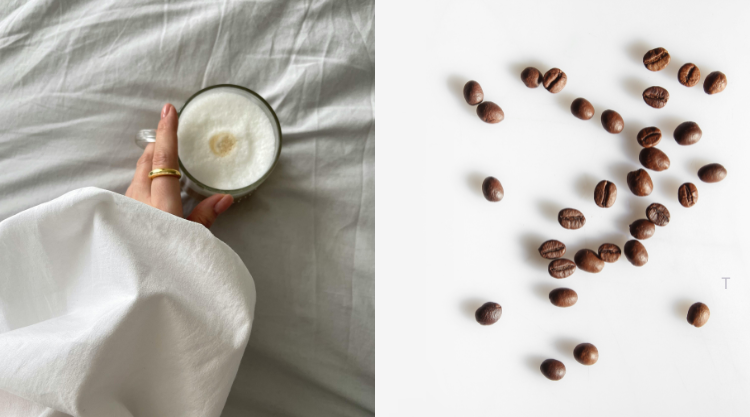The pursuit of youthful, radiant skin is a story as old as time. Consider Cleopatra and her milk baths, or Eastern cultures and their love for rice water and face rollers. What has changed is the emerging scientific evidence claiming that antioxidants play a pivotal role in anti-ageing.
Oxidative stress, resulting from an imbalance between reactive oxygen species (ROS) and the body’s antioxidant defences, accelerates skin ageing by damaging cellular structures. Antioxidants neutralise these free radicals, thereby mitigating the effects of oxidative stress and promoting skin health.
What Are Antioxidants?
The world is truly abuzz with chatter about antioxidant compounds. They’re abundant in delicious berries, in top skincare lines and studied for their health properties. The excitement comes from how far-reaching the benefits of antioxidants are, from immunity to skin integrity and brain health.
Antioxidants are compounds that inhibit oxidation, a chemical reaction that can produce free radicals, leading to cellular damage. Concerning skin health, antioxidants protect against the detrimental effects of ROS, which are generated by environmental factors such as ultraviolet (UV) radiation, pollution, and smoking. By neutralising free radicals, antioxidants help maintain skin integrity and function.
Antioxidants in Food and Beverages
Incorporating antioxidant-rich foods into one's diet is a natural strategy to enhance skin health. These foods are rich in flavour and rich in therapeutic compounds. They are real ‘superfoods’, with an abundance of vitamins and minerals. Certain foods are particularly abundant in antioxidants:
- Pomegranate: Rich in punicalagins and anthocyanins, pomegranate exhibits potent antioxidant properties, which may help protect the skin from oxidative damage and support collagen synthesis.
- Blueberries: High in anthocyanins, blueberries have been shown to enhance collagen production and protect skin cells from oxidative stress, contributing to improved skin elasticity and reduced wrinkle formation.
- Green Tea: Contains catechins, particularly epigallocatechin gallate (EGCG), which have been found to protect skin cells from UV-induced damage and reduce inflammation, thereby supporting skin health.
- Spinach: High in lutein and zeaxanthin, carotenoids that protect skin from oxidative damage and support skin hydration, spinach contributes to maintaining skin elasticity and reducing signs of ageing.
- Dark Chocolate: Rich in flavonoids, dark chocolate has been shown to enhance skin hydration and protect against UV damage, supporting overall skin health.
These foods not only provide antioxidants but also offer additional nutrients that contribute to overall skin health. Every meal is an opportunity to fuel and heal our bodies, rather than add to a burden.
How Antioxidants Benefit the Skin
1. Reducing Wrinkles and Fine Lines
Antioxidants combat oxidative stress, a key factor in the breakdown of collagen and elastin, proteins vital for skin firmness and elasticity. By neutralising free radicals, antioxidants help preserve these proteins, thereby reducing the formation of wrinkles and fine lines.
2. Preventing Skin Sagging
The degradation of collagen and elastin leads to skin sagging. Antioxidants support the integrity of these proteins, maintaining skin structure and preventing premature sagging. They’re a trade secret for plump, supple skin.
3. Improving Skin Hydration
Certain antioxidants, like vitamin E and flavonoids, enhance the skin's ability to retain moisture. This leads to improved hydration levels and a plump, youthful appearance. Yes, drink your water, but don’t forget other nutrient factors.
4. Accelerating Wound Healing
Antioxidants play a role in tissue repair by promoting collagen synthesis and reducing inflammation, thereby accelerating the healing of skin wounds and injuries. Great news for acne eruptions, post-surgery healing and scarring.
5. Enhancing Skin Glow
By protecting skin cells from oxidative damage and supporting healthy blood circulation, antioxidants contribute to a radiant and even skin tone.
Antioxidant Supplements for Skin
While a diet rich in antioxidants is beneficial, supplements can provide concentrated doses to support skin health. Some supplements with strong evidence include:
- Vitamin C: Essential for collagen synthesis, vitamin C helps maintain skin structure and elasticity. The CGN+ formula is packed with the goodness of Vitamin C plus Marine Collagen.
- Vitamin E: Acts as a potent antioxidant, protecting skin cells from oxidative damage and supporting skin hydration.
- Trans-resveratrol- The biologically active form of the antioxidant found in grape skin, Trans-Resveratrol eliminates free radicals and significantly reduces inflammation. The LIV formula is a good source of trans-resveratrol, plus mitochondrial support compounds.
- Polypodium Leucotomos: A fern extract known for its photoprotective properties, reducing UV-induced skin damage.
- Astaxanthin: A carotenoid with strong antioxidant properties, astaxanthin protects skin from UV-induced oxidative stress and supports skin elasticity.
- Curcumin: The active compound in turmeric, curcumin, possesses anti-inflammatory and antioxidant properties, aiding in skin repair and reducing pigmentation.
These supplements, when taken appropriately, can complement a healthy diet and skincare regimen to promote optimal skin health. We know they don’t replace healthy living, but why not give yourself a helping hand?
Lifestyle Habits For Glowing Skin
When it comes to your complexion, what you put in is what you get out of it. In addition to dietary and supplemental interventions, certain lifestyle practices can further enhance that inner glow:
> Stay Hydrated: Adequate water intake supports skin hydration, maintaining its elasticity and appearance. You have likely heard this advice before, yet it is one of the most important. Add a pinch of quality salt to your water for better absorption.
> Stimulate the Lymphatic System: Engaging in activities like gentle exercise and deep breathing promotes lymphatic drainage, reducing puffiness and supporting skin detoxification. Try some dry brushing or cold water exposure for that extra oomph.
> Protect from UV Exposure: Using sunscreen and wearing protective clothing shields the skin from harmful UV rays, preventing oxidative damage and premature ageing.
> Maintain a Balanced Diet: Consuming a variety of nutrient-rich foods ensures the intake of essential vitamins and minerals that support skin health. Eat the rainbow with fruits and vegetables for their polyphenols, nuts and fatty fish for Omegas and meat, seeds and seafood for quality zinc.
> Get Adequate Sleep: Quality sleep allows for cellular repair and regeneration, contributing to a healthy complexion. Poor sleep decreases oxygenation and cellular healing, so aim for 7-9 hours every night.
The Last Layer
Antioxidants play a crucial role in maintaining skin health by combating oxidative stress and supporting the skin's structural integrity. Incorporating antioxidant-rich foods, considering supplements with strong scientific backing, and adopting supportive lifestyle practices can collectively contribute to youthful, radiant skin.
By understanding and harnessing the power of antioxidants, we can all take proactive steps toward preserving and enhancing our skin's health and appearance. The complexion is reflective of our overall health and well-being, so look after it well.
References
Lee, S. Y. et. al. (2025). Investigating the antioxidant and anti-inflammatory potential of Nypa fruticans: a multifaceted approach to skin protection and aging. https://doi.org/10.1186/s13765-024-00976-6
Pham, V.W. et. al. (2022) Plant-Based Foods for Skin Health: A Narrative Review. https://doi.org/10.1016/j.jand.2021.10.024
Giménez-Bastida, J. A. (2021). Evidence for health properties of pomegranate juices and extracts beyond nutrition: A critical systematic review of human studies. https://doi.org/10.1016/j.tifs.2021.06.014





